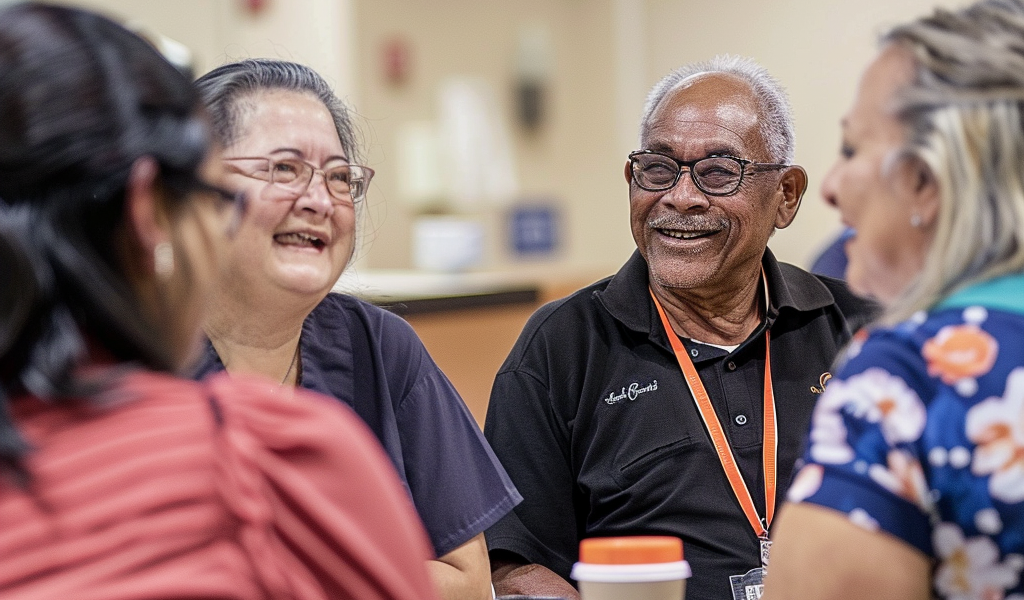Abrazo Arizona Heart Hospital in Phoenix is set to host a free Heart Valve Disease Awareness Day educational event on Thursday, Feb. 22. The event, which will run from 10 a.m. to 2 p.m., aims to raise awareness about heart valve disorders and offer cardiovascular risk screenings for attendees.
The event will provide screenings for blood pressure, blood oxygen saturation, pulse, body mass index, and a brief consultation with a clinician to discuss the results. It will also educate participants about heart valve disease symptoms and treatments for various conditions such as aortic stenosis, mitral valve regurgitation, atrial fibrillation, and heart failure.
Dr. Timothy Byrne, the medical director of cardiac services at Abrazo Arizona Heart Hospital, highlighted that degenerative changes in a heart valve may occur long before symptoms appear. He emphasized that after developing symptomatic severe aortic stenosis, the average patient survival is only two years without treatment.
Tammy Querrey, the director of Clinical Cardiovascular Care for Abrazo Health, pointed out that valve disease patients are generally also heart failure patients. She stated,
“If they have valve disease, most likely they also have some degree of heart failure.”
Common symptoms of heart valve disease include shortness of breath with activity, fatigue, swelling in the legs and/or feet, dizziness or chest pain, with a heart murmur typically present. Dr. Byrne explained that heart valve disease may be diagnosed when an unusual sound, or murmur, is heard during a heartbeat examination.
Causes of heart valve disease can include being born with it, infections, wearing out with age, and conditions linked to other types of heart disease. Treatment options for aortic valve disease include minimally invasive Transcatheter Aortic Valve Replacement (TAVR) or open-heart surgery, according to Dr. Byrne. TAVR is typically used in patients with a severely narrowed heart valve and serves as an alternative to open-heart surgery, enabling a medical team to implant a prosthetic valve through a small incision.





